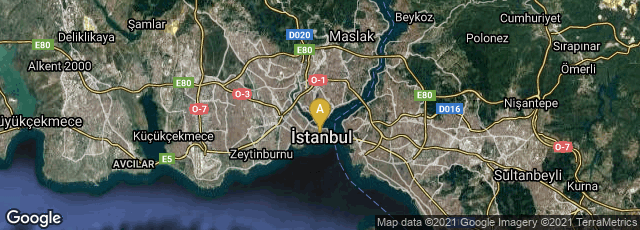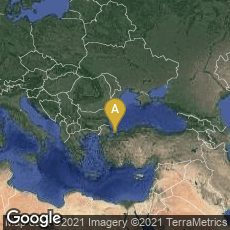

"Beginning of the Anthologia Palatina, main part of The Greek Anthology. Scan by the Gesellschaft der Freunde Universität Heidelberg."
Between 1299 and 1301 Byzantine Greek grammarian, theologian, translator, and classical scholar at Constantinople Maximus Planudes prepared a compilation that became the basis for the Anthologia Graeca, or Greek Anthology. Planudes used for the purpose three lost manuscripts: two of collections similar to the Palatine Anthology possibly compiled by Constantine the Rhodian, and a third which was an abridged version of the collection made by Byzantine schoolmaster Constantine Cephalas circa 900, on which the Palatine Anthology was based.
"Planudes both rejected many poems and, making skillful use of his metrical knowledge, 'emended' others to reflect contemporary propriety. The Planudean Anthnology is divided into seven books - epideictic, satiric, funerary, ekphrastic epigrams. Each book is subdivided, poems on each theme being arranged alphabetically. Planudes' autograph manuscript (Venice, Bibliotheca Nazionale Marciana, Marc. gr. 481) is dated 1301 (or 1299) and there survive also a preliminary and an incomplete final revision done under the compiler's supervision. The 388 poems unqiue to this compilation, usually collectively called the Planudean Appendix or, incorrectly, book 16 of the Palatine Anthology, are mainly epigrams about or imaginarily inscribed upon statues and paintings" (A. R. Littlewood, article on Anthology, Greek in Encyclopedia of Ancient Greece (2006).